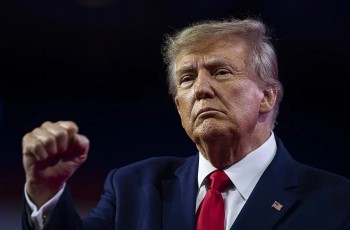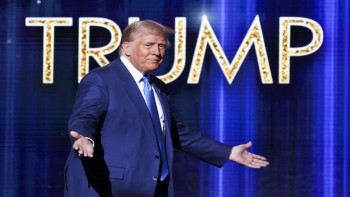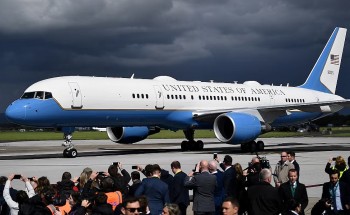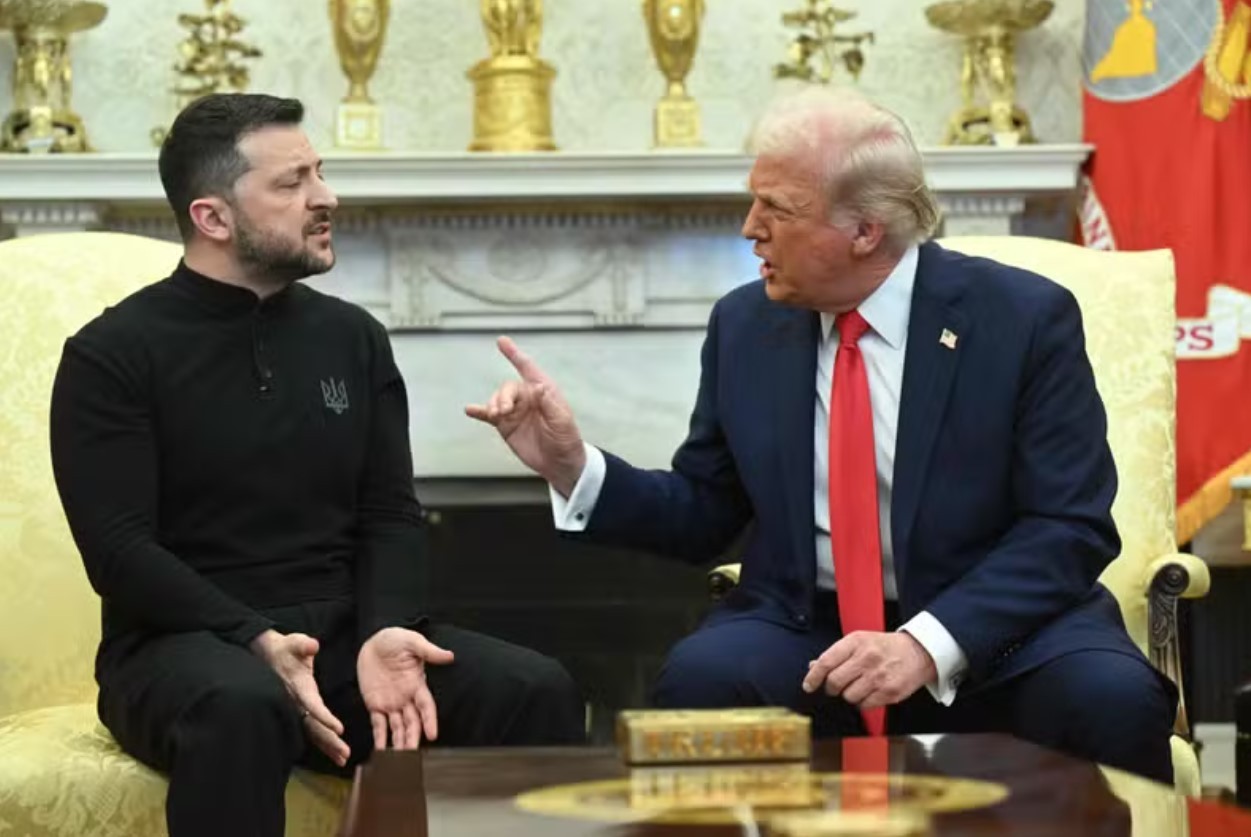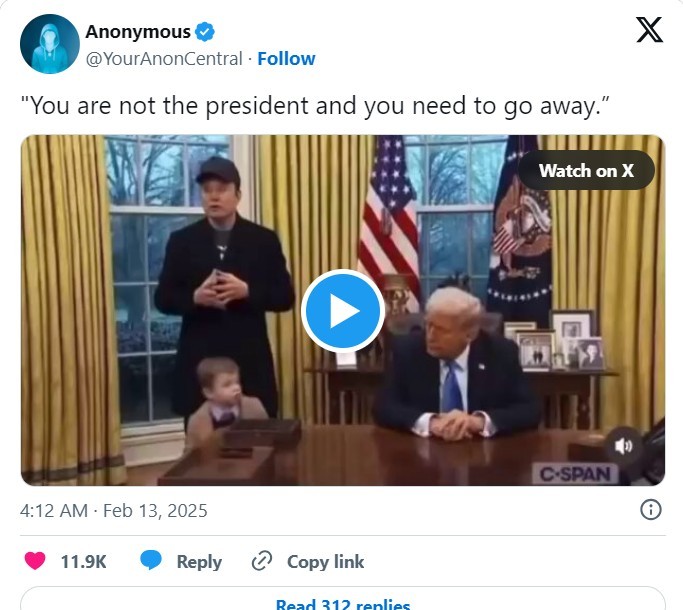Why did tech giants fund Donald Trump’s inauguration: Exploring the Tensions and Motives
During Donald Trump’s inauguration in January 2017, major corporations from the technology and media sectors, including Meta (formerly Facebook), Amazon, OpenAI, and ABC News, made significant contributions to the inauguration committee. Collectively, these companies contributed millions of dollars, which raised eyebrows due to Trump’s tumultuous relationship with social media platforms and traditional media during his presidency.
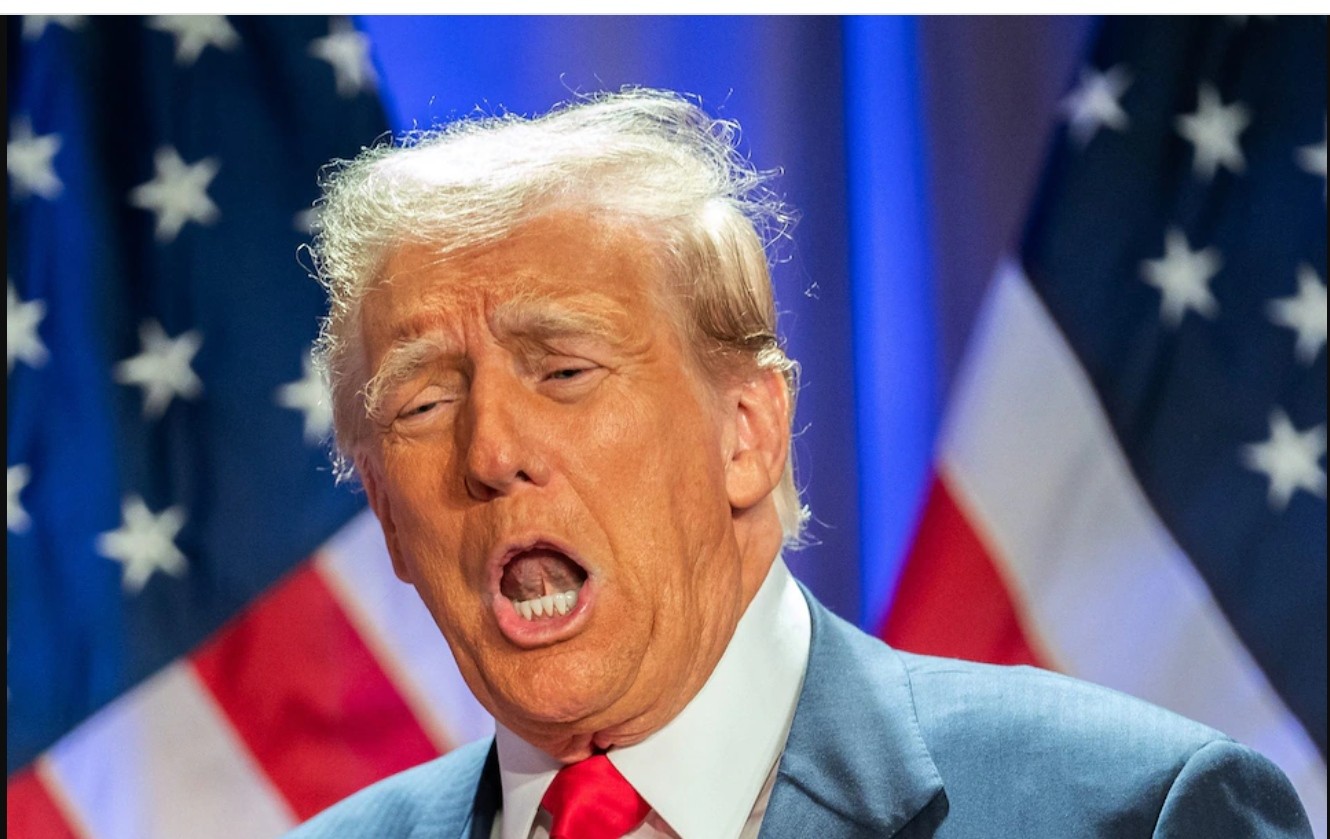 |
Why did these firms contribute to an administration that frequently criticized them? The reasons are multifaceted, involving strategic positioning, regulatory fears, and the companies’ desire to maintain influence in Washington, regardless of the administration in power.
Breaking Down the Contributions
In total, Trump’s inauguration committee raised over $107 million, setting a record at the time for funds raised for a U.S. presidential inauguration. Some notable contributions from tech and media giants include:
-
Meta (Facebook): Meta, the parent company of Facebook and Instagram, has donated $1 million to Trump's inaugural fund.
-
Amazon: Amazon, led by Jeff Bezos, has also contributed $1 million to the fund
-
OpenAI: Sam Altman, CEO of OpenAI, has made a personal donation of $1 million
-
Tesla and SpaceX: Elon Musk, CEO of Tesla and SpaceX, has been a significant supporter, spending $277 million to help get Trump elected
- AT&T: Contributed $2 million, becoming one of the top corporate donors.
- ABC News (via parent company Disney): Contributed an estimated $1 million.
These donations weren’t unusual—corporate contributions have long been a feature of U.S. inaugurations—but the tension between Trump and these industries highlighted the complexity of their motives.
Read More: Donald Trump’s 2025 Inauguration: Expect, Sponsors, and Donors
Key Reasons for Corporate Contributions
1. Maintaining Influence Over Regulation
Corporations often donate to inaugurations to build goodwill with an incoming administration. For tech giants, this was especially critical in 2017. At the time, Trump’s administration had signaled plans to increase scrutiny on:
- Antitrust issues: Companies like Amazon and Google faced accusations of monopolistic practices.
- Section 230 protections: Trump criticized the law that shields social media platforms from liability for user content, threatening the very foundations of companies like Meta and Twitter.
By contributing, these companies aimed to secure a seat at the table during policy discussions.
2. Bipartisanship and Political Neutrality
Many companies follow a bipartisan approach to political donations, ensuring that they have strong relationships with both major parties. For instance, some of these same firms also contributed significantly to Barack Obama’s and Joe Biden’s inauguration funds.
For these firms, the contributions weren’t an endorsement of Trump’s policies but rather a strategic move to maintain access to policymakers, regardless of political differences.
3. Avoiding Retaliation
Trump’s presidency was marked by his combative stance toward critics, including corporations. Companies likely feared potential retaliation through regulatory actions or public criticism if they refused to contribute.
For example, Amazon’s founder Jeff Bezos was frequently targeted by Trump on Twitter, with accusations about Amazon’s tax practices and its relationship with the U.S. Postal Service. Despite this, Amazon’s contribution may have been a defensive measure to mitigate further scrutiny.
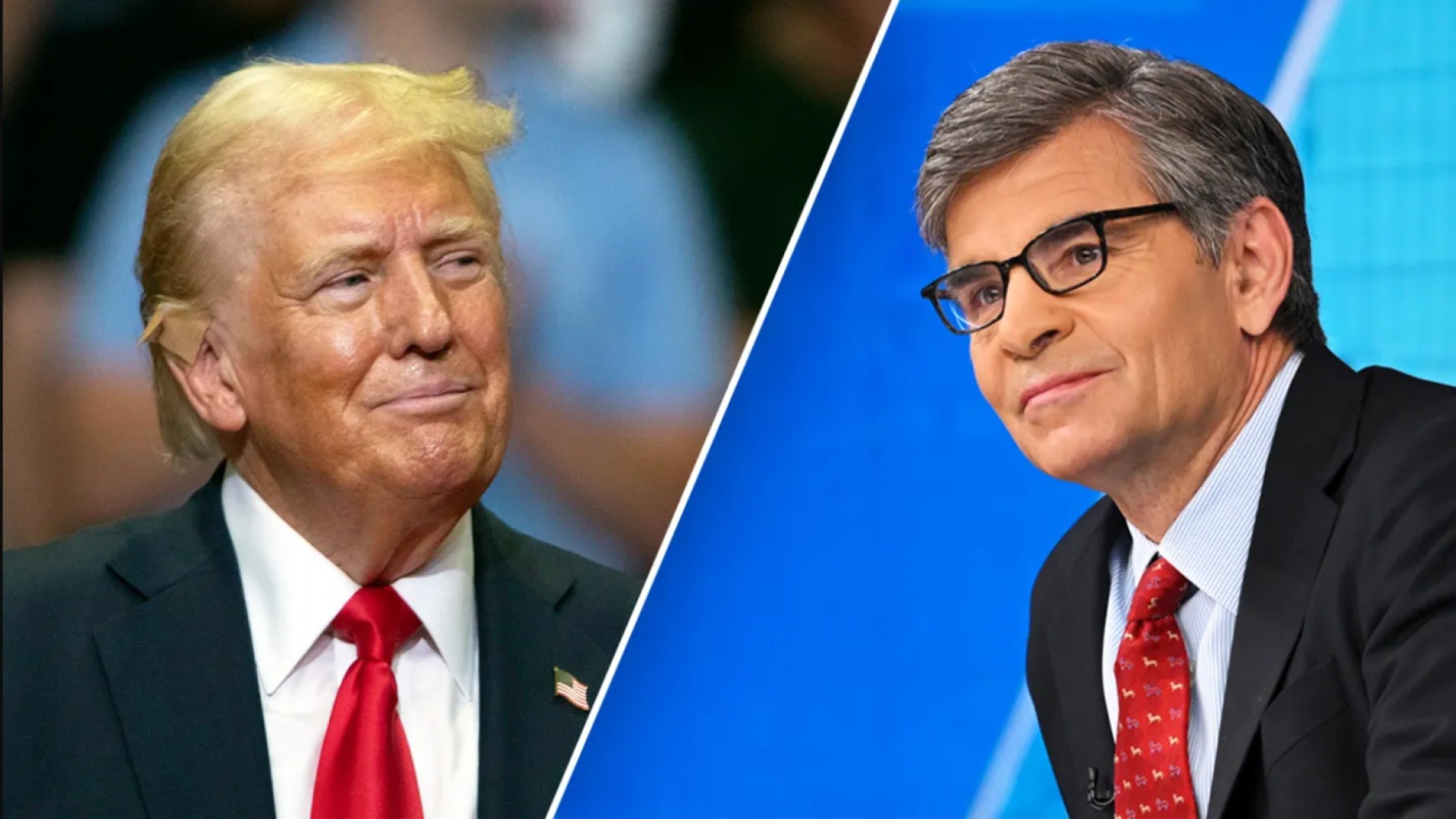 |
| George Stephanopoulos made the statements repeatedly during an interview on 10 March this year while challenging a congresswoman about her support for Trump. |
4. Industry-Specific Concerns
Different companies had unique reasons for contributing:
- Media companies (e.g., ABC News): These firms needed to maintain access to the White House to cover political events effectively.
- Tech companies (e.g., Meta, Google): These firms were concerned about data privacy regulations and antitrust investigations.
- Telecom companies (e.g., AT&T): The telecom industry was lobbying for the repeal of net neutrality regulations, which Trump’s administration later dismantled.
Trump’s Contentious Relationship with Media and Tech
Despite these contributions, Trump’s relationship with the media and technology industries remained fraught throughout his presidency.
- Social Media Conflicts: Trump repeatedly accused platforms like Twitter and Facebook of censoring conservative voices, culminating in his eventual bans from these platforms after the January 6, 2021, Capitol riot.
- Media Criticism: Trump frequently labeled major networks, including ABC, CNN, and NBC, as “fake news” and antagonized journalists during press briefings.
Impact on Policy and Regulation
The donations didn’t shield these companies from Trump’s scrutiny. For example:
- In 2019, the Department of Justice launched an antitrust investigation into Google.
- Trump continued his public feud with Amazon and sought to block its bid for a $10 billion Pentagon cloud computing contract.
- In 2020, Trump issued an executive order targeting Section 230, attempting to limit legal protections for social media platforms.
FAQs
1. Why do companies donate to presidential inaugurations?
Corporate donations to inaugurations are a way to show support for democratic traditions and to gain access to policymakers. These contributions help fund the events surrounding the inauguration.
2. Did Trump benefit from these donations?
Yes, the funds allowed Trump’s inauguration to host lavish events, but the scrutiny over how some funds were spent led to investigations into the committee’s finances.
3. Why did Meta and other tech companies contribute despite Trump’s criticism?
Their contributions were likely strategic, aimed at mitigating potential regulatory actions and maintaining influence in Washington.
4. How much did Amazon donate?
Amazon contributed approximately $250,000 to Trump’s inauguration, despite Trump’s frequent criticism of Jeff Bezos.
5. Did these donations impact Trump’s policies?
There’s no direct evidence that donations influenced specific policies, but they likely helped companies maintain communication channels with the administration.
6. Did any companies refuse to contribute?
While most major corporations donated, some avoided contributions due to ethical concerns or political differences, though such refusals are less common.
7. How does Trump’s inauguration fundraising compare to others?
Trump’s inauguration raised a record-breaking $107 million, significantly more than previous inaugurations, including Barack Obama’s in 2009, which raised $53 million.
8. What happened to the inauguration funds?
The use of some funds became the subject of legal scrutiny, with allegations of mismanagement and improper spending.
9. How did Trump’s policies affect tech companies?
Trump’s administration increased antitrust scrutiny, targeted Section 230 protections, and frequently clashed with companies like Amazon and Meta.
10. What is Section 230, and why did Trump oppose it?
Section 230 of the Communications Decency Act shields social media platforms from being held liable for user content. Trump argued it allowed platforms to censor conservative viewpoints unfairly.
| The substantial contributions from tech and media giants to Donald Trump’s 2017 inauguration highlight the complex dynamics between corporations and politics. While these companies faced significant challenges under Trump’s administration, their donations reflect a pragmatic approach to navigating Washington’s political landscape, prioritizing access and influence over ideological alignment. |


